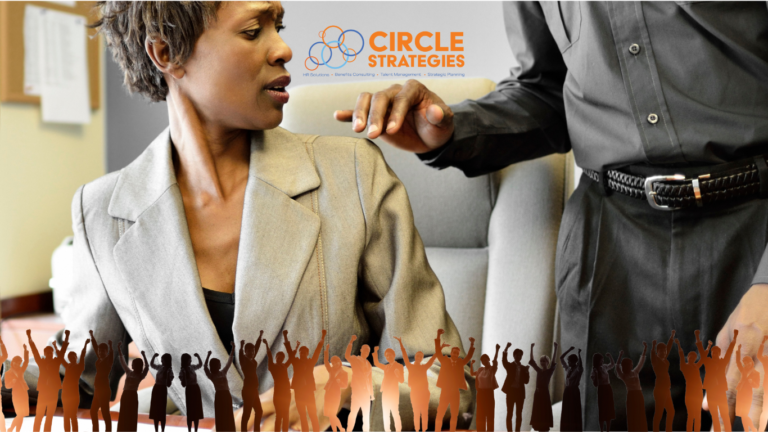Intriguing conversations arise as we delve into the realm of job performance, where the silent force of unconscious bias often wreaks more havoc than explicit discrimination. Today we would like you to embark on a thought-provoking journey. Here is our take on an interesting conversation between Raju Narisetti of McKinsey Global Publishing with Jessica Nordell, a renowned science journalist and speaker. Together, they unravel the enigma of bias in her book The End of Bias: A Beginning (Macmillan), released in a freshly updated paperback edition in August 2022. Brace yourself for insights that question conventional norms and illuminate the subtle shades of prejudice that can be more taxing than overt discrimination.
Read on for an edited excerpt from their stimulating conversation.

Why Unearth Unconscious Bias?
Unveiling the complexities of bias and discrimination, Nordell presents The End of Bias: A Beginning. This book ventures into the realms of individuals, organizations, and cultures to unravel the threads of bias and discrimination. It explores transformative approaches that pave the path towards fairness and justice.
The question of why it is vital to address unconscious bias alongside explicit prejudice is profound. Both wield immense influence, perpetuating harm in lives and society. Interestingly, the often-overlooked subtle biases that seep through the fabric of organizations, workplaces, education, and healthcare systems can have a more detrimental impact on performance than blatant bias. Navigating through ambiguous discrimination, where plausible deniability shrouds the truth, exacts a heavier toll on individuals.
The mental energy required to question, second-guess, and decipher such biases drains our ability to excel. Unlike overt sexism or racism, ambiguous discrimination consumes cognitive resources, undermining our performance. This realization underscores the urgency to confront these biases.
Get In Touch.
We look forward to hearing from you.
We value your ideas, feedback, and questions.
Our Circle Strategies inbox is always open!
Facing Overt Prejudice and Societal Shifts
Unlocking motivations for change and fostering a shift in perspective requires understanding. Consider the evolution of ecological thinking: scientists once believed nature to be a battleground of competition, but reality showed cooperation to be its essence.
Similarly, bias-benefactors can drive change by embracing diverse perspectives. Just as ecological paradigms expanded through diverse insights, our societal progress hinges on inclusion. To address today’s complex challenges, every perspective matters. By dismantling biases that exclude segments of society, we create a tapestry of collective strength and innovation.
Lessons from History: A Path to Clarity
History proves an invaluable guide in the struggle against bias and discrimination. Understanding past prejudices enhances our ability to perceive them in the present.
The Marley hypothesis resonates with awareness of history and illuminates our journey. Historical examples unveil societies untouched by present biases, reminding us that prejudice is learned, not inherent.
From ancient Egypt’s absence of skin color bias to the Haudenosaunee Confederacy’s empowered women, history fuels courage to envision a bias-free future.
Laws Set the Floor, People Elevate the Ceiling
Laws define a minimum behavioral standard, while human actions define the upper echelons of interaction. Policies provide a foundation, but nurturing cultures and norms that surpass these policies is vital.
Observing influential figures fosters social norms, creating a ripple effect through communities. Embracing change aligns with internal motivations, benefiting individuals and communities alike. Tackling bias not only rectifies societal ills but empowers individuals to perceive the world more clearly and forge genuine connections.
In Hindsight: Reframing Unconscious Bias
Creating a transformative book reshapes the author as much as the content. Reflecting on the journey, Nordell realizes that the term “unconscious bias” may require reevaluation. The dichotomy of bias (implicit or explicit, conscious, or unconscious) falls short in capturing the nuanced reality. Rather, “unexamined bias” better reflects the spectrum between conscious and unconscious biases that remain unaddressed.
The key lies in scrutiny, encouraging deep introspection and evolving societal norms. We strongly recommend reading Jessica Nordell in her thought-provoking book, The End of Bias: A Beginning. The journey of dismantling biases, both overt and subtle, unfolds a journey that each of us contributes to, for a world rooted in equality and understanding.
